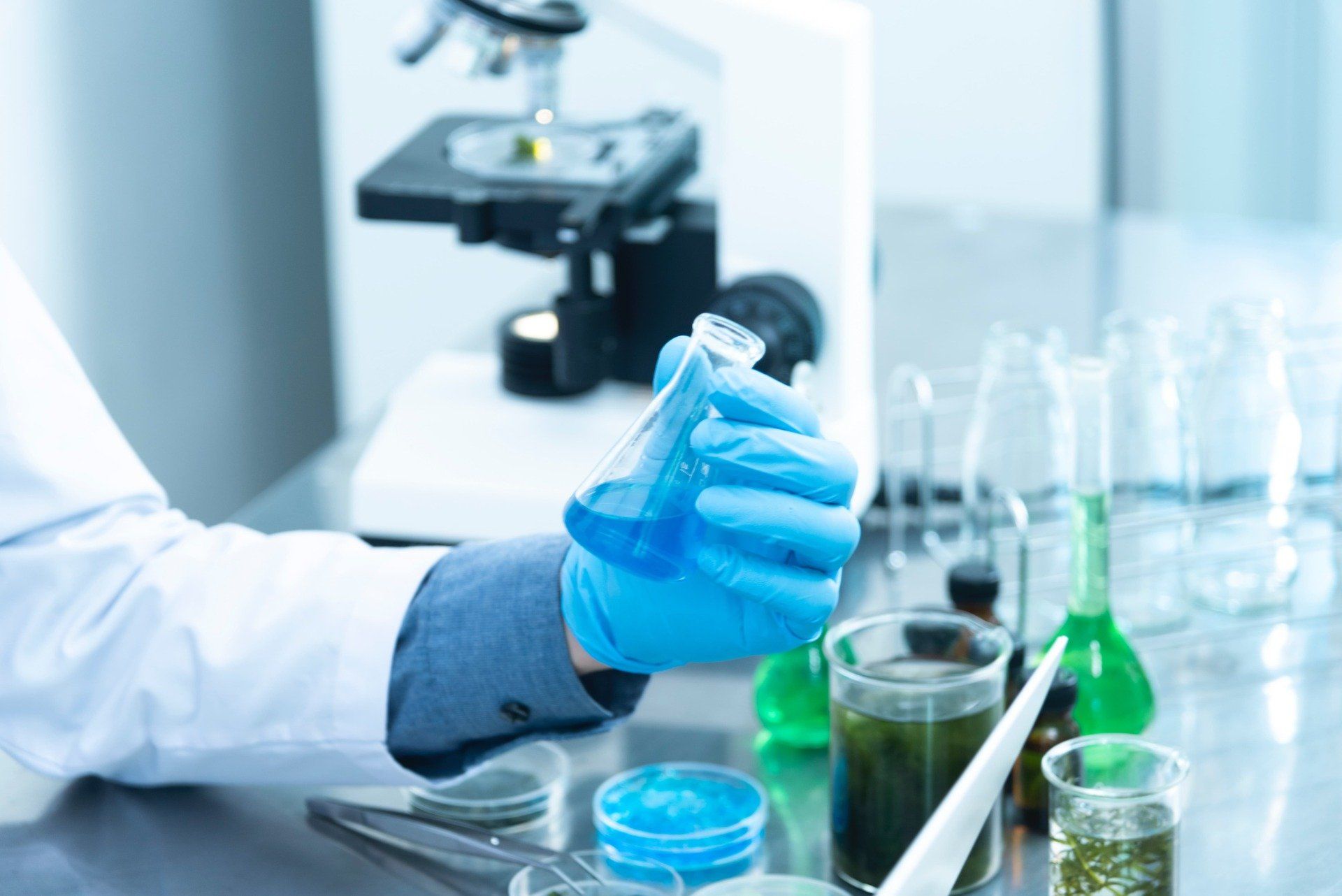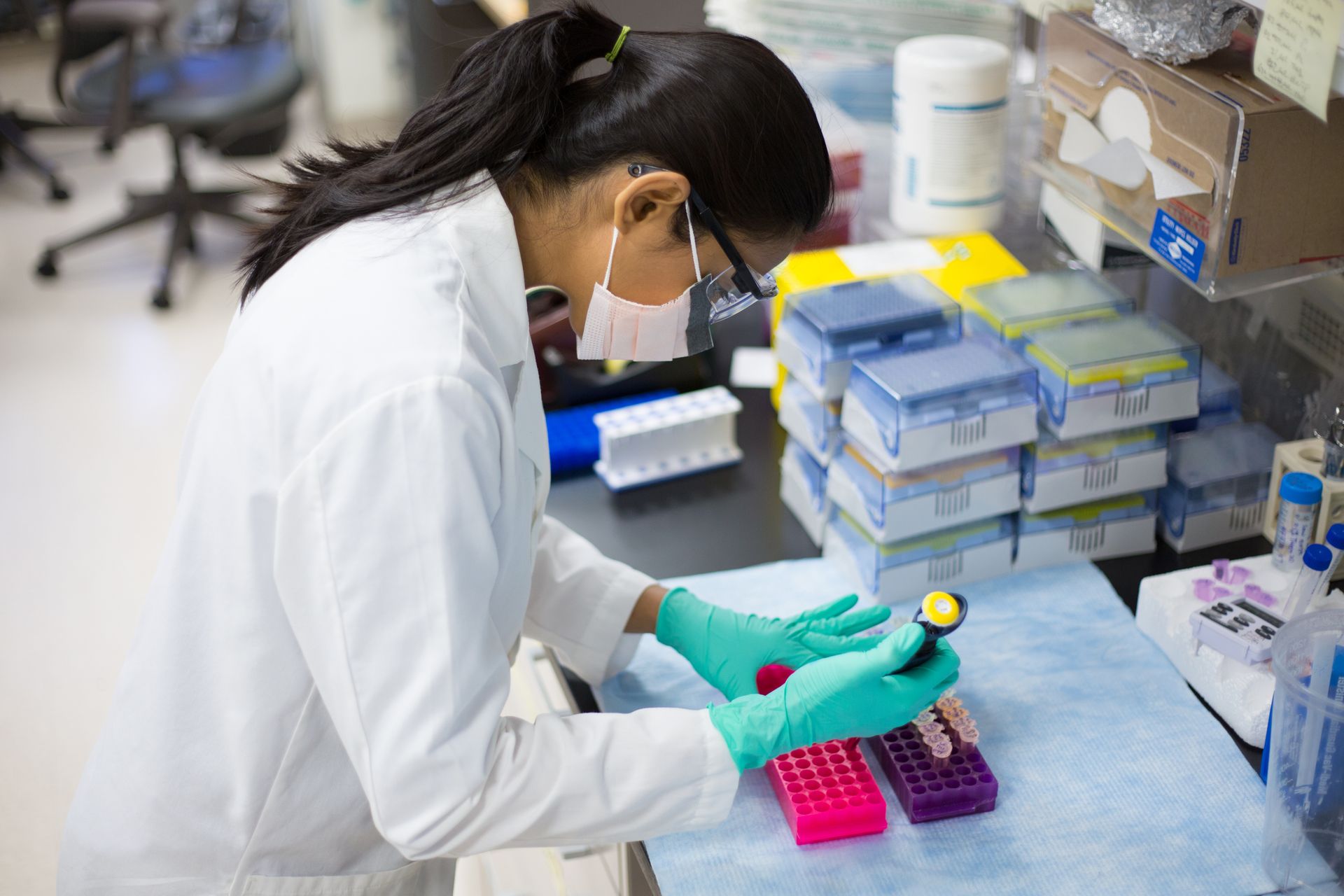What is the Role of a Quality Control Associate?
Quality Control is one of the essential departments in the pharmaceutical industry. Usually, the person in charge of quality in these industries is the quality control associate. A QC associate works in the laboratory, testing and analyzing the raw material and products manufactured by a company. For example, in the pharmaceutical industry, quality is checked and maintained throughout manufacturing.
Products coming from the pharmaceutical industry are susceptible. Therefore, if strict quality checks are not correctly implemented, there is a high possibility things may go wrong.
The testing standards are done within well-defined, comprehensive standard operating procedures (SOPs). Every step of the SOP must be documented in a traceable and transparent way. It should be that anyone else qualified to work in the lab can use the same procedure and carry out the same work with the same efficiency.
In addition to conducting quality-control tests and analysis, QC associates are responsible for documenting the procedures. This role may also need them to write scientific papers where required.
Therefore, a QC associate should not only be good at lab work, but they should also be able to do reliable research, write their findings, and document the SOPs.
QC associate’s services are applicable in the biomanufacturing industry, where they need to work in sterile environments. The products they may be responsible for include vaccines, enzymes, or medicine.
Other industries include the agricultural sector with companies that develop genetically modified foods, for instance, drought-resistant crops. The energy industry is another viable employer for a QC associate. Energy companies developing fuels such as methane and bioethanol need such services too.
Lastly, other chemical industries such as textile and paper-and-pulp need a QC associate, especially in mitigating the company’s impact on the environment.
What Is Quality Control?
The process of ensuring the quality of a product is maintained or improved. This may involve a lot of testing in all stages of manufacturing. Ensuring that at no point is the product below the quality demands as laid out in the SOPs.
Roles of a QC Associate
We now understand what a QC associate does in a pharmaceutical company. We further understand that their role is crucial because the drugs produced in the pharmaceutical industry are exceptionally delicate. So, if the company gets it wrong at any stage, the results can be catastrophic.
QC associates test the product at every manufacturing stage and release it to the next stage. They do this by testing the product manufactured in four different work areas, including the physical-chemical laboratory, microbiological department, packaging material laboratory, and the process control laboratory.
Pharmaceutical companies have to operate under strict government regulations. These regulations set the expected quality standards of the products that these companies produce. In addition, regular internal and external audits are conducted to ensure devout adherence to these standards.
At each stage, different tests are conducted on the product. These tests range from simple tests to some very complex tests. For example, some of the simple tests may include the pH value of the drug, the density of the drug, or even the hardness. On the other hand, some of the more complex tests may be the HPLC (High-Performance Liquid Chromatography).
Drug Tests and Analysis
The analysis of these drugs starts from raw materials to the final product. It also includes testing for the stability of the product.
Raw Material
Raw materials are the first to be assessed in any manufacturing process. They not only include the product that will be transformed or combined with another to create something else, but they also include products that may be useful to the process, but they disappear in the process. Both active and excipient materials are tested while testing raw materials.
Intermediate Product
Intermediate product testing happens within the process of manufacturing. For example, when there is a mixture of raw materials, there is a test to ensure that their reaction is as was expected and the right measures are maintained. These subsequent tests are continuous as the manufacturing process continues to the end.
Bulk or Finished Product
After the raw materials have gone through all the manufacturing stages, they become the intended final product, also known as the bulk product. It is referred to as the bulk product before packaging. At this stage, they also have to be tested for such things as the appearance, the concentration, the hardness, and the pH value, among many other things.
Stability
Stability tests of the product come after production. They include monitoring the product in a different setting to ensure it does not lose its effectiveness or, worse, become harmful. These tests can be carried out in a laboratory setting or in other scenarios.
They are also regular, periodical studies. They test how stable the drug is after interacting with different environments and environmental factors such as humidity levels, light, and temperatures.
All through the tests, every test result must be recorded. All the SOPs also should be written clearly and adhered to religiously. Lack of doing so can lead to unintended circumstances and can be penalized during the audit, especially if the drug harms someone because of such negligence.
Therefore, it is necessary that anyone working as a QC associate is highly qualified academically. They should also attend different training for the various functions they ought to undertake, every equipment they use, and training for other related subjects.
Traits of a Good QC Associate
In addition to the qualifications, a good QC associate should have the following traits.
Curious
A good QC associate should be curious because a lot of learning comes with the job. For example, they must do tests and experiments to figure out how products can be manufactured when creating new products. They even develop new SOPs for new products. So, curiosity serves a QC associate well in such times.
Attention to Detail
The work of testing that a QC associate carries out all through the manufacturing process calls for attention even to the smallest of details. Lack of such attention can lead to complacency, a detrimental mistake in such a role.
Organizational Skills
The ability to be well organized in the role of a QC associate is unrivaled. You need to keep track of so many things that you cannot entertain any disorganization because it can lead to confusion.
Qualifications of a QC Associate
Most QC associate roles might require the following qualifications
- Bachelor of Science Biology or Chemistry
- A degree in biopharmaceuticals, microbiology, or biochemistry is also viable.
- Strong oral and written communication skills.
- Strong interpersonal skills are usually an addition.
- Attention to detail is also of high relevance.
Remuneration for a QC Associate
A QC associate role can attract a base pay of $50,000 with additional payments that may go up to $15,000 per year.
Hire With Help from Professionals
Hire the right people and build the best possible team with the help of professionals. Fladger Associates, Inc. is your trusted recruiter when it comes to hiring quality control associates. We match companies with the most qualified professionals, so you do not have to do the difficult task of searching for candidates. Contact us in Bear, DE today at 302-836-3100 or send us a message online to speak to one of our staffing specialists. We bring you the best candidates, so you can choose your best.










